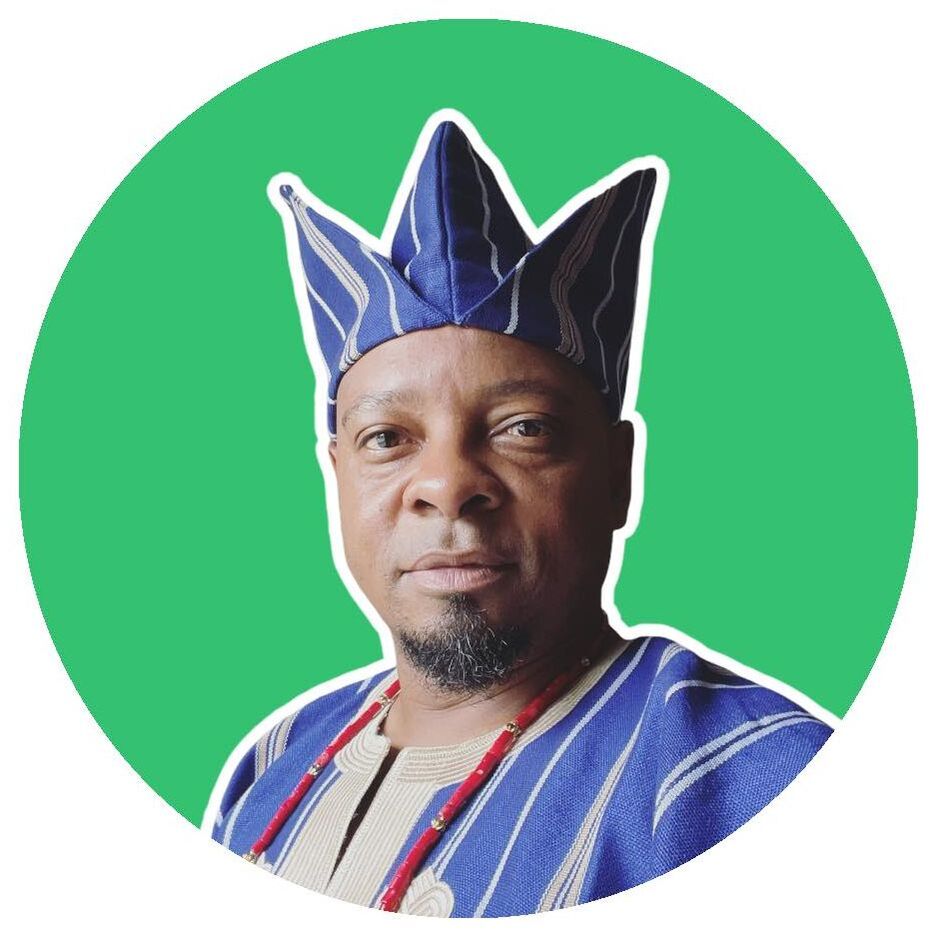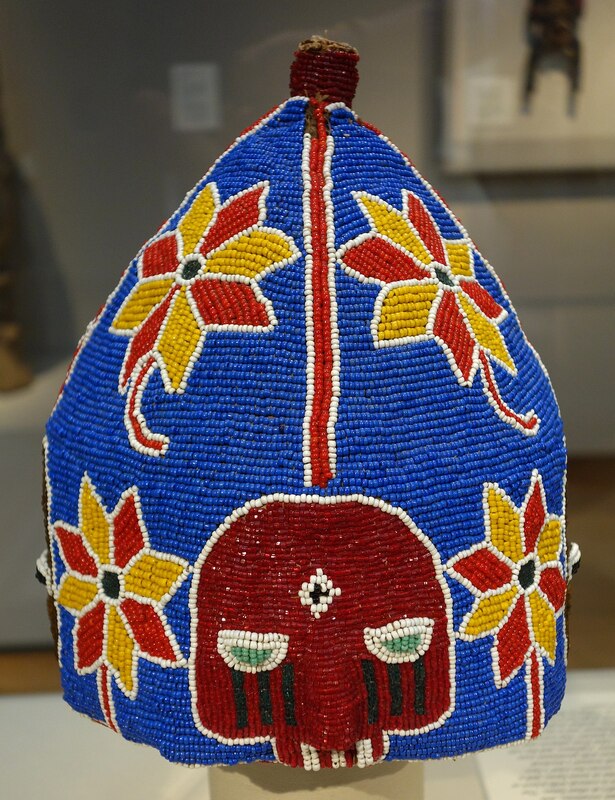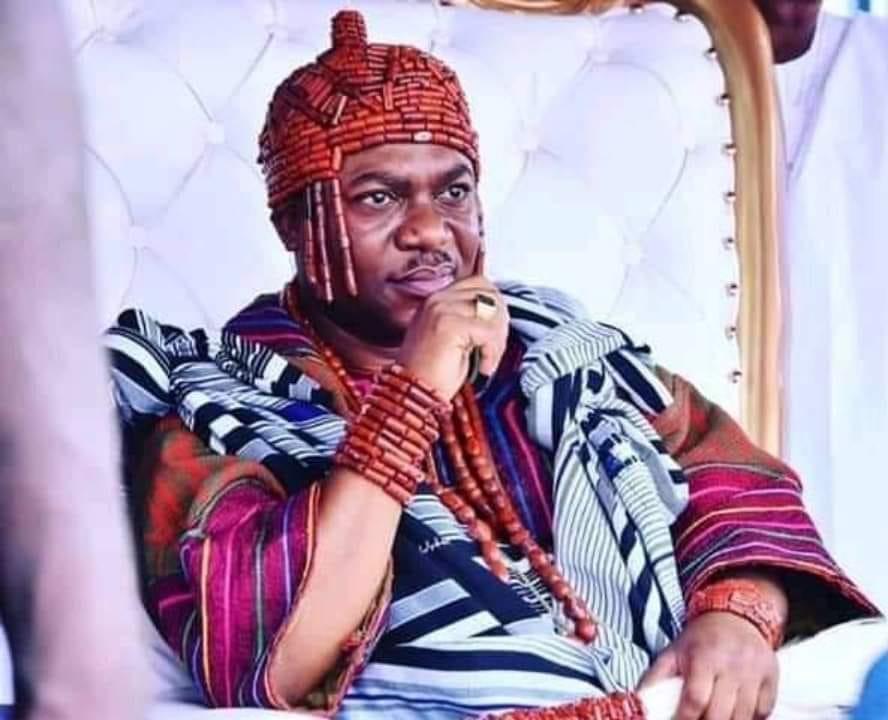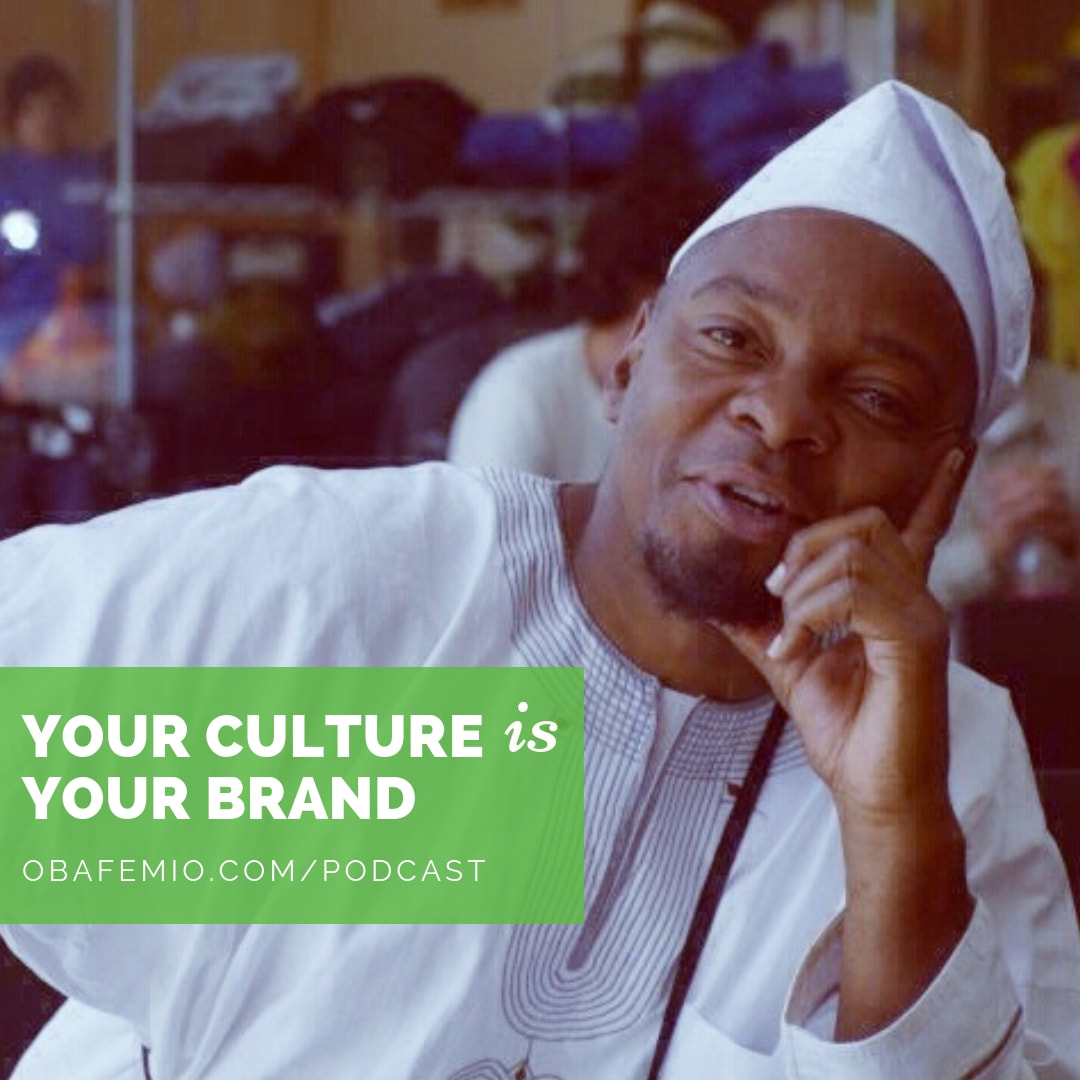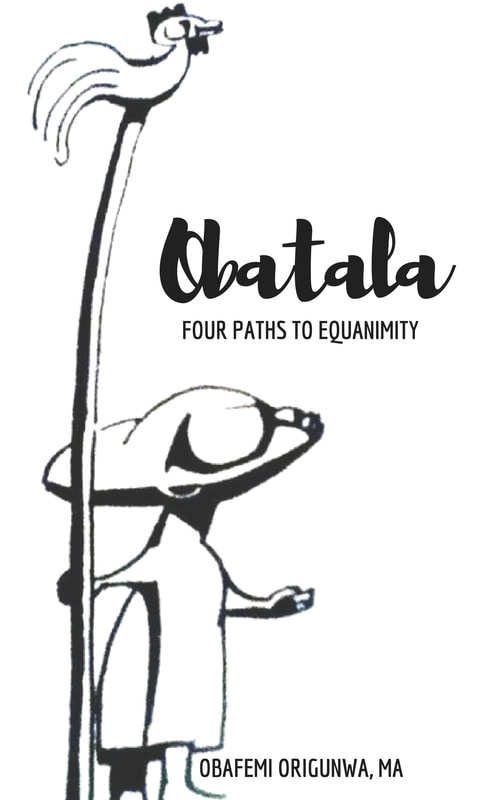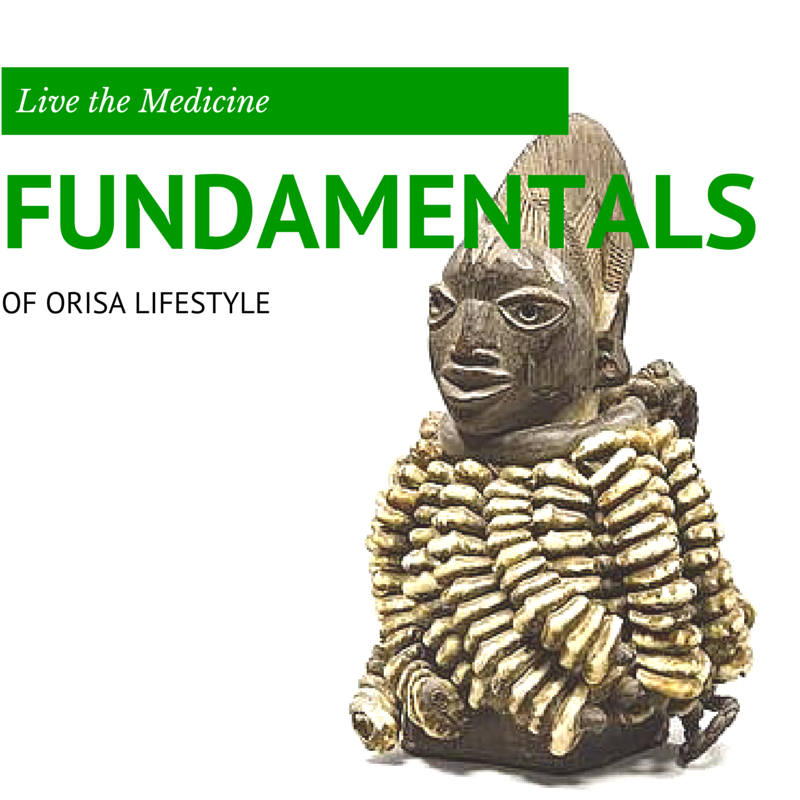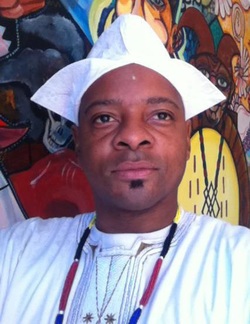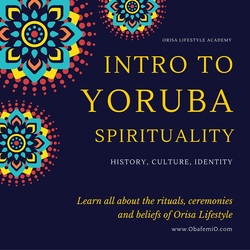|
The Yoruba say, "Not all men are created equal; let the fingers on your hand be your guide." In like manner, not all crowns are created equal. More specifically, there are three ranks of oba (traditional rulers) in Yoruba land:
Primacy, Patronage & Protection All three ranks of oba share certain attributes. Most noteworthy among them is primacy. For example, the Deji of Akure is praised as "Offspring of the leopard who strides unrestrictedly throughout the palace." This kind of praise lets us know that the oba is the principal occupant of the palace. Everything and everybody who dwells within the king's abode is meant to provide for his needs and comfort. For an artist, to serve at the king's pleasure is to enjoy access to the highest quality resources. This includes technology, equipment and materials. Weavers, bead workers and carvers were among the artists who worked and lived within the many courtyards of the palace. Drummers, singers and flautists were a special category of artists who spent time in the palace because they were responsible for awakening the oba to the sounds of praise poetry, song and dance. The palace provides the kind of structure and order that enables creative experts to focus on their crafts under the most comfortable conditions. In this way, the king is synonymous with patronage. Similarly, anyone in a vulnerable position could seek what is known as asa foriji (permanent refuge) within the walls of the palace. Upon arrival, such a person was required to announce their intentions. In Abeokuta, for example, someone seeking asylum in the palace would cry out at the top of their lungs, saying; "I kneel before you, oh king Alake! Save and deliver me!" Then, they would run to one of the pillars in the main courtyard and embrace it tightly. Thus, these individuals were recognized as dipomu, pillar embracers. Once someone became dipomu, nobody could lay hands upon them. Hence forth, in exchange for his absolute protection, they were devoted to the king. Achievers, Supporters & Bystanders
Yoruba kingship and its palace culture represent a traditional power system. Like all power systems, it is designed to conduct energy from one place to another. In this case, Olodumare is the source of royal power and the various courtyards function as outlets through which energy flows into those who inhabit the palace, the most important of whom is the oba. Anybody who aspires to greatness gravitates toward the king, whose presence is synonymous with achievement. It is by supporting the king that the most talented and ambitious members of the society distinguish themselves from those who are less productive, as well as those who are actually destructive. In the Holy Odu OgbeOfun, Ifa teaches us how, in the same way there are categories of crowns, there are also categories of people: Ajitu gbaye Arin ginniginni gbayi Oji ni kutu kutu r’ohun oro sari gbon lo orun They cast Ifa for Orunmila When coming to the earth They also cast Ifa for the human beings When coming to earth They were divided into three groups: The Achievers Those who accompany the achievers And the bystanders They were also coming to do three things on earth They were coming to do good They were coming to do evil They were coming to do neither good nor evil Aase-Moga-Moga ki i ri ohun oro se aringbo lo He was the Awo who Cast Ifa for Agboniregun When going from earth to heaven to make inquiries from Olodumare Why would Olodumare create three groups with Three distinct characters at the same time? These groups that exhibit different traits will not be able live together without friction With friction, someone is bound to get hurt Olodumare responded that it was a way of knowing human attitudes - Holy Odu OgbeOfun And so, Ifa reveals the fact that this world is designed to test humanity. By placing different categories of people together, Olodumare intends for leaders to identify the achievers, supporters and bystanders. Likewise, we are called to recognize those who stand for good, those who stand for evil, and those who stand for neither good nor evil. Finally, the greatness of the kingdom is realized through kings who are committed to achieving excellence by attracting other achievers and supporters who are destined to do good. I am looking for leaders who are devoted to improving the world through positive influence. Is that you? If so, find out how Obafemi Origunwa and the Orisa Lifestyle Academy can help you upgrade your life and your practice. Learn more: ObafemiO.com Notes: Ojo, G.J.A. Yoruba Palaces Origunwa, Obafemi. Fundamentals of Orisa Lifestyle Comments are closed.
|
Live the MedicineObafemi Origunwa, MAThought leader, Ifa priest and author of four definitive books, Obafemi Origunwa inspires metamorphosis through living the medicine that will heal your life and heal the lives of the people you're destined to serve. 
Raise Awareness

Internalize Principles

Embody Truth
|
